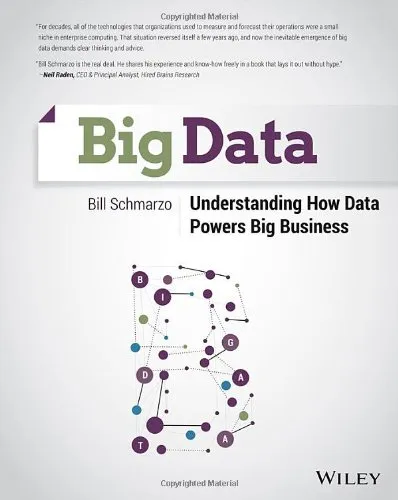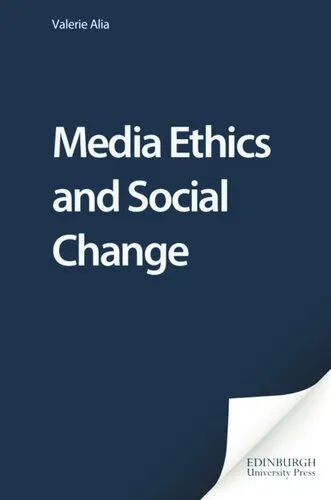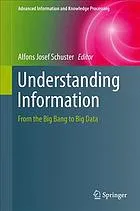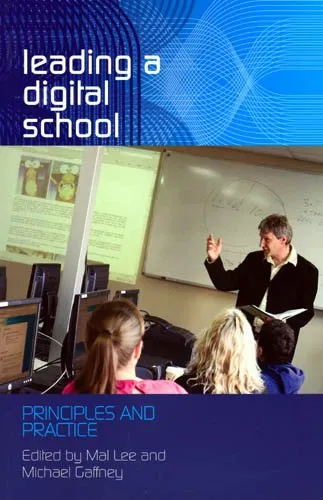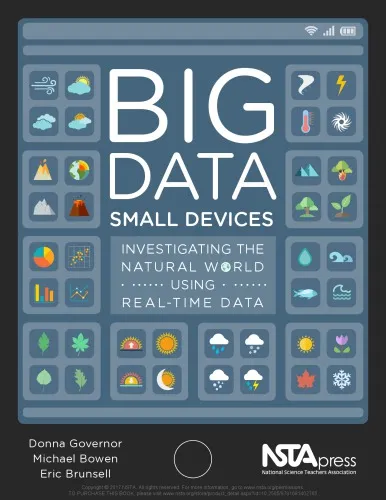The ethics of emerging media : information, social norms, and new media technology
4.5
Reviews from our users

You Can Ask your questions from this book's AI after Login
Each download or ask from book AI costs 2 points. To earn more free points, please visit the Points Guide Page and complete some valuable actions.Related Refrences:
Introduction to "The Ethics of Emerging Media: Information, Social Norms, and New Media Technology"
Technology continues to evolve at a breathtaking speed, introducing new ways for people to communicate, share information, and interact with the world around them. Yet with this rapid development come powerful questions about ethics, societal norms, and the ways in which these technologies shape our behaviors and perceptions. "The Ethics of Emerging Media: Information, Social Norms, and New Media Technology" offers an in-depth exploration of these pressing issues, bridging the gap between academic investigation and real-world application.
Edited by Bruce Drushel and Kathleen M. German, this book is a compilation of scholarly insights and analyses on the ethical implications of new media platforms and technologies. With contributions from leading thinkers in the field, the book delves into the challenges posed by emerging media, including privacy concerns, information accuracy, and how technological affordances influence behaviors and reshape societal standards. This work invites readers to critically examine the responsibilities of individuals, corporations, and governments as they navigate the complex landscape of new media.
By addressing the ethical conundrums tied to contemporary digital technologies, this book serves as an invaluable resource for media professionals, students, educators, and anyone intrigued by the interplay of technology, ethics, and society.
Detailed Summary of the Book
"The Ethics of Emerging Media" takes a multi-faceted approach to understanding the ethical challenges introduced by the digital age. The book is structured around a central theme: how advancements in technology necessitate new ethical guidelines and reevaluations of traditional media practices. This is achieved through theoretical discussions, case studies, and comparative analyses, which collectively help to contextualize new media within broader societal, cultural, and political frameworks.
The book begins by examining the philosophical underpinnings of media ethics, detailing how historical media norms have been disrupted by the constant evolution of digital technologies. Privacy and surveillance are two recurring themes, especially as online platforms collect vast amounts of personal data for purposes ranging from targeted advertising to government monitoring.
Other chapters address the dynamics of social media, where misinformation and echo chambers have become significant challenges to democratic discourse. From the ethical responsibility of content creators to the obligation of social media companies to regulate hate speech, this section unpacks how individual and institutional decisions influence public opinion and social behavior.
The authors also explore the ethical dimensions of artificial intelligence, virtual reality, and augmented reality, questioning how these tools affect issues like authenticity, truth, and moral decision-making. The book concludes with perspectives on global digital inequalities and the moral obligation to ensure accessibility and inclusivity in technological advancements.
Key Takeaways
- Emerging media technologies challenge conventional ethical standards and demand a nuanced approach to digital communication.
- Privacy, misinformation, and surveillance are recurrent ethical concerns in the age of social media and big data.
- Artificial intelligence and virtual reality introduce new moral dilemmas regarding authenticity and human decision-making.
- Ethics in emerging media must accommodate cultural, political, and societal differences while striving for inclusivity and fairness.
Famous Quotes from the Book
"Ethics in media is no longer about what is right or wrong—it is about fostering systems that uphold both accountability and fairness in an interconnected world."
"New media's potentials and pitfalls are inseparable; navigating their ethical terrain requires both critical awareness and active engagement."
Why This Book Matters
As we find ourselves increasingly immersed in digital landscapes, the ethical dilemmas tied to emerging media technologies have never been more relevant. This book equips readers with a theoretical and practical understanding of these challenges, offering tools to think critically about the ways media shapes and reflects societal values.
For educators, this book serves as an essential teaching tool, fostering discussions on the responsibilities of media professionals and the implications of designing and regulating technology. For media professionals, it provides a framework to cultivate ethical practices in content creation, data collection, and technology development. And for the general reader, it offers insights into how their participation in digital ecosystems contributes to the global media environment.
"The Ethics of Emerging Media" stands at the intersection of technology and humanity, urging readers to actively consider the moral choices embedded in their engagement with new media.
Free Direct Download
You Can Download this book after Login
Accessing books through legal platforms and public libraries not only supports the rights of authors and publishers but also contributes to the sustainability of reading culture. Before downloading, please take a moment to consider these options.
Find this book on other platforms:
WorldCat helps you find books in libraries worldwide.
See ratings, reviews, and discussions on Goodreads.
Find and buy rare or used books on AbeBooks.
1376
بازدید4.5
امتیاز0
نظر98%
رضایتReviews:
4.5
Based on 0 users review
Questions & Answers
Ask questions about this book or help others by answering
No questions yet. Be the first to ask!

